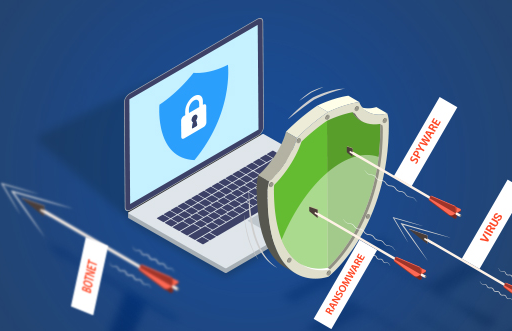In the modern era, protecting your online presence from cyber threats is so important. When you run a website, you want people to feel they can trust you with their data and visits. Some simple steps can help secure your site and keep users feeling confident.
One of the best things you can do is make sure all parts of your site, like content platforms and plugins, are up to date. Criminals often exploit outdated software, so updating helps patch weaknesses. Speaking of weaknesses, use strong, unique passwords for admin logins and accounts tied to your site. A password manager is handy for making long passwords easy to use.
Encrypting data moving to and from your site helps too. SSL/TLS encryption scrambles information so others can’t spy. It adds another layer of protection for your data and visitors’ privacy. A web application firewall acts like a security guard, watching traffic for known attacks and blocking anything suspicious before it reaches your server.
Even with defenses, things can still go wrong sometimes. Regular backups save you if something does happen by letting you get your site back up quickly. Keeping copies in different places, like the cloud, ensures they stay safe too. Ongoing monitoring of your site’s activity through logs can also help spot unusual things early before they become major issues.
Training your team matters a lot as well. Small mistakes are a leading cause of breaches, so educating everyone on spotting phishing scams or using public Wi-Fi sensibly lowers risks. By taking proactive steps and staying vigilant, you can feel confident about keeping your online community protected as technology keeps changing around us. Your users will appreciate you making their safety a priority.







